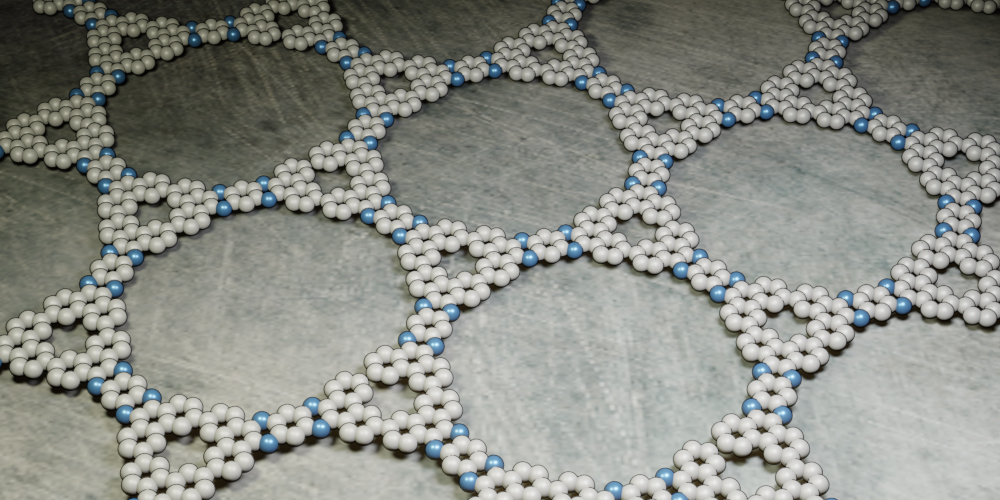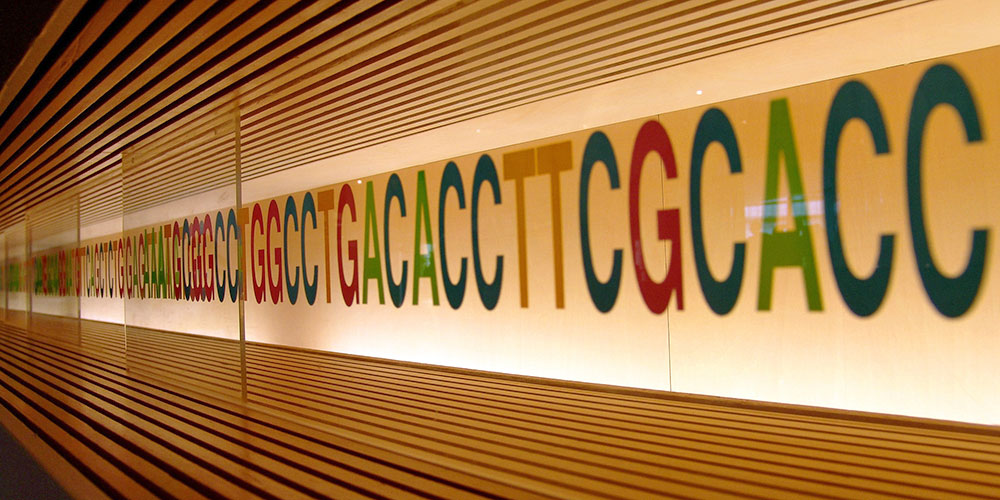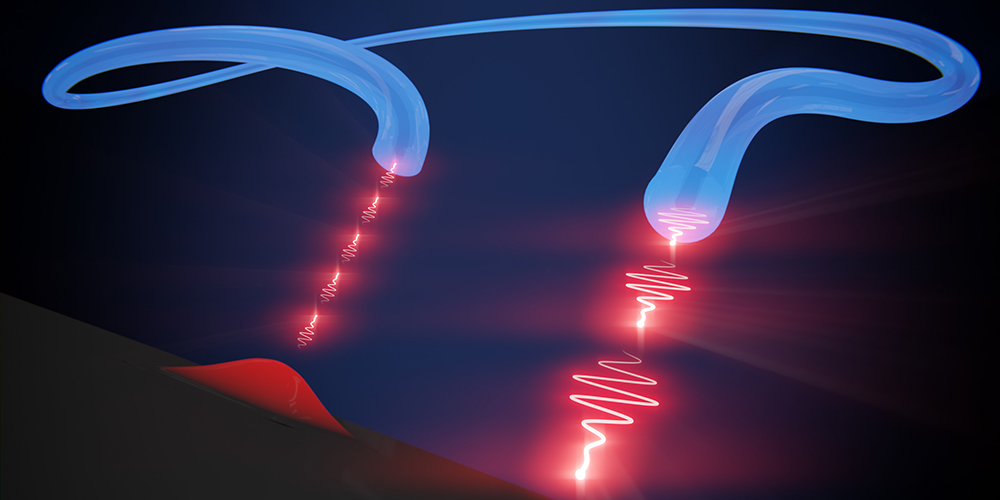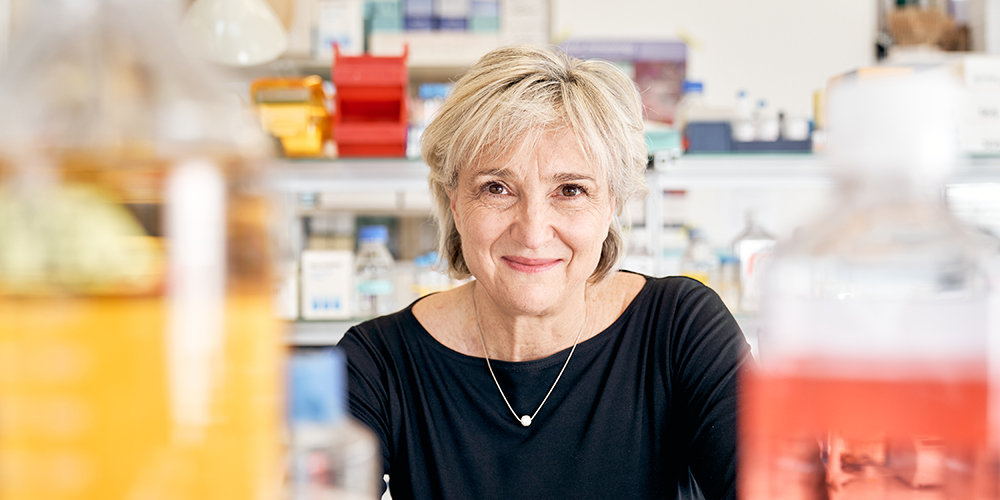The trinational Eucor Consortium is expanding its offer to international doctoral candidates with EURIdoc, the Eucor Upper Rhine Immunology doctoral program.
Coffee, cola or an energy drink: caffeine is the world’s most widely consumed psychoactive substance. Researchers from the University of Basel have now shown in a study that regular caffeine intake can change the gray matter of the brain. However, the effect appears to be temporary.

For the first time, physicists from the University of Basel have produced a graphene compound consisting of carbon atoms and a small number of nitrogen atoms in a regular grid of hexagons and triangles. This honeycomb-structured “kagome lattice” behaves as a semiconductor and may also have unusual electrical properties. In the future, it could potentially be used in electronic sensors or quantum computers.

Large parts of the human genome do not contain protein-coding genes. Now, however, a research team with participation from the University of Basel has discovered the cause of a severe hereditary defect in such a "gene desert". The study in the scientific journal Nature shows that a single genetic change in the "junk DNA" long thought to be useless can have serious consequences.

Researchers from the University of Basel have developed a virtual reality app for smartphones to reduce fear of heights. Now, they have conducted a clinical trial to study its efficacy. Trial participants who spent a total of four hours training with the app at home showed an improvement in their ability to handle real height situations.

Money laundering, failed speculation and sexism: financial industry scandals keep causing uproar. Gender studies scholar Anika Thym is investigating how men in the finance sector experience this world and what we can learn from their self-reflection.

Researchers at the University of Basel and Ruhr University Bochum have developed a source of single photons that can produce billions of these quantum particles per second. With its record-breaking efficiency, the photon source represents a new and powerful building-block for quantum technologies.

Professor Prisca Liberali of the University of Basel receives the Friedrich Miescher Award 2021 for her research on design principles of tissue organization. She shares the award with EPFL Professor Andrea Ablasser.
Researchers from the University of Basel have identified cells in the immune system that are able to attack a wide range of cancer cells. Through a start-up, they are now aiming to use their discovery to develop clinically applicable treatments that will mark the next milestone in cell-based cancer therapy.

